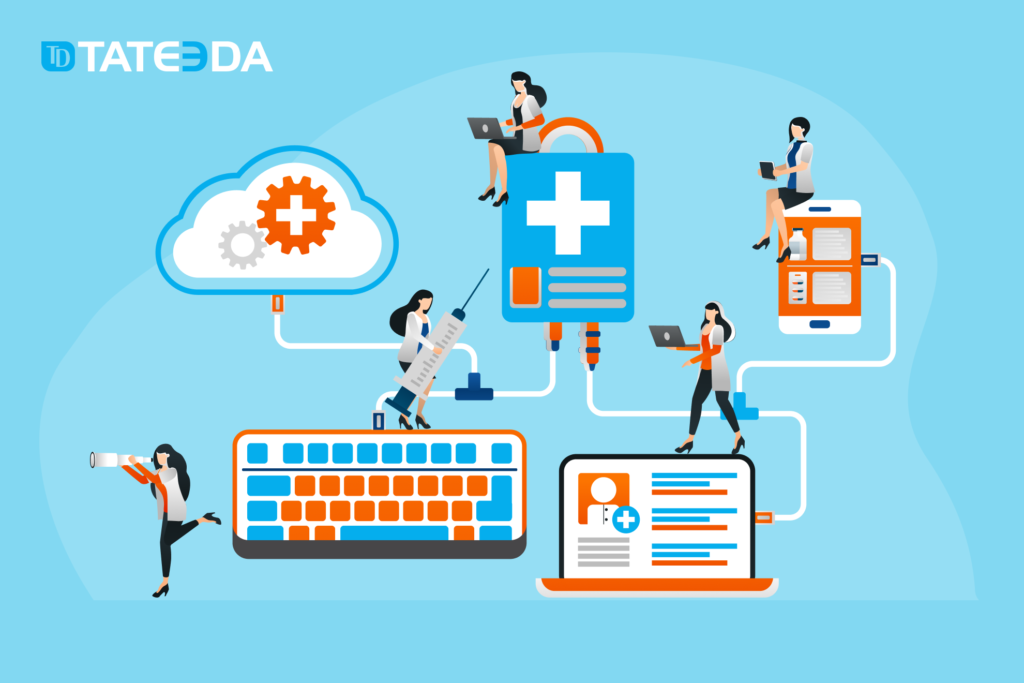In recent years, the healthcare industry has witnessed a major shift in the way medical practices operate. At the heart of this transformation lies the introduction of medical management software, a dynamic tool that is transforming the landscape of patient care and administrative efficiency. As healthcare providers face increasing pressure to improve outcomes while managing costs, these cutting-edge software solutions offer optimized processes, enhanced communication, and data-driven insights that can radically change how medical practices operate.
Medical management software encompasses various applications designed to assist healthcare organizations in overseeing their operations effectively. From electronic health records to patient scheduling and billing systems, this technology is not just about meeting the demands of contemporary healthcare; it is about setting a new standard for efficiency and quality. By leveraging the capabilities of medical management software, clinics and hospitals can focus on what truly matters to their patients.
Essential Attributes of Medical Management Software

Healthcare management systems optimizes the appointment appointments process, allowing medical professionals to optimize their time well. With intuitive interfaces, patients can easily book, change, or cancel appointments through the web. The software can also deliver automated reminders by email or text message, reducing the number of no-shows and ensuring that patients receive on-time notifications. medicloudmed.ch but also raises clinic productivity.
Another crucial aspect of medical management software is its data handling capabilities. This software securely stores and compiles patient information, including medical history, care plans, and billing details. By creating a single digital repository, healthcare professionals can retrieve essential data rapidly, improving the reliability of diagnoses and treatment. Additionally, this feature supports better collaboration among healthcare teams, enabling coordinated care and improved patient outcomes.
Billing and insurance claim management is a revolutionary feature of medical management software that makes easier the financial aspects of healthcare. By automating billing processes, the software reduces overhead and minimizes inaccuracies in claim submissions. It can also monitor payments and outstanding balances, providing up-to-date financial insights. This ensures prompt reimbursements and allows healthcare providers to devote more time to patient care rather than getting lost in paperwork.
Benefits for Medical Practitioners
Healthcare management software significantly improves the operational effectiveness of healthcare providers. By automating routine tasks such as booking appointments, billing, and patient record management, providers can save valuable time and concentrate on patient care. This leads to improved workflow, lessened administrative burden, and ultimately a more efficient healthcare experience for both providers and clients.
Another significant benefit of healthcare management software is the improved precision in managing patient information. With integrated systems, providers can ensure that all patient data is up-to-date and accessible in real-time. This reduces errors related to manual data entry and improves the quality of care by allowing healthcare professionals to make informed decisions based on correct patient histories and treatment plans.
Furthermore, healthcare management tools contributes to better communication within healthcare groups. By providing a unified platform for sharing information, providers can work together more effectively on patient care, ensuring all participants is on the same page. This not only cultivates teamwork but also promotes a culture of accountability and transparency, ultimately benefiting patient outcomes and satisfaction.
Upcoming Developments in Healthcare Administration
As tech continues to progress, medical management software will more and more integrate AI and ML. These improvements will allow instant data analysis, helping healthcare providers make more informed decisions quickly. Forecasting techniques will allow for enhanced patient results by identifying potential medical issues prior to they become critical. This preventive approach will revolutionize how medical staff manage the care of patients and streamline operational effectiveness.
Another significant development is the growing focus on patient engagement through apps and telehealth platforms. Medical management software is projected to become more accessible, allowing patients to view their health records, schedule appointments, and communicate with their medical professionals with ease. This enabling of patients enhances the general healthcare experience and promotes better adherence to treatment plans, leading to better health outcomes.
Lastly, the growth of interoperability among different healthcare systems will transform the landscape of healthcare management tools. As platforms become more connected, sharing of medical data across various platforms will promote continuity of care. This seamless exchange will not only improve patient safety but also improve care collaboration among various healthcare teams. The future of healthcare management systems will thus focus on creating a connected healthcare ecosystem that prioritizes collaboration and holistic care.
